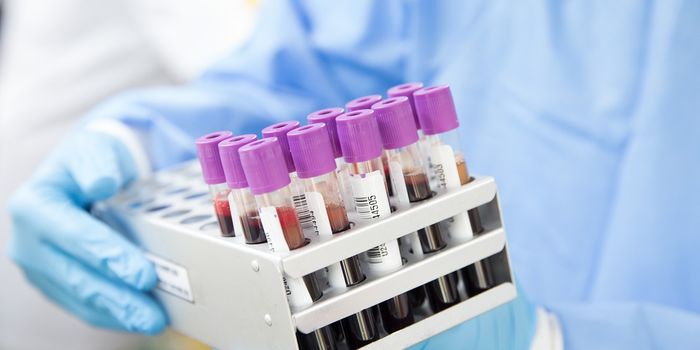An Atlas of the Human Genome
Scientists from the Hebrew University of Jerusalem want to identify individual genes responsible for specific diseases. This goal inspired their new Nature Cell Biology study that focused on CRISPR-Cas9 gene editing technology and embryonic stem cells.
Why embryonic stem cells? These are stem cells derived from embryos, which means that they have the potential to differentiate, or turn into, any type of adult cell in the human body. This potential made them a unique player in the researchers’ quest to create an atlas of functions in the human genome.
"This study creates a new framework for the understanding of what it means to be an embryonic stem cell at the genetic level," explained lead author Dr. Atilgan Yilmaz, PhD. "The more complete a picture we have of the nature of these cells, the better chances we have for successful therapies in the clinic."
Yilmaz’s study consisting of analyzing more than 180,000 distinct mutations in the human genome. The analysis was made possible by using CRISPR-Cas9 gene editing technology paired with a new type of embryonic stem cells that contain just one copy of the human genome, as opposed to the normal two (one from the mother, one from the father). A single copy of the human genome makes gene editing more efficient.
From the analysis, researchers found that just nine percent of genes from the human genome are required for the growth and survival of human embryonic stem cells. And only five percent inhibit human embryonic stem cell growth. Among these genes are a small population that are “uniquely essential for the survival of human embryonic stem cells but not other cell types.” Researchers believe these genes to prevent embryonic stem cells from becoming cancerous or differentiating into adult cell types.
In addition to learning about the role of human genes in embryonic stem cell function, they explored genes essential for hereditary disorders and cancer during early embryonic development.
"This gene atlas enables a new functional view on how we study the human genome and provides a tool that will change the fashion by which we analyze and treat cancer and genetic disorders," explained senior author Professor Nissim Benvenisty, MD, PhD.
Sources: NIH Stem Cell Information, The Hebrew University of Jerusalem









